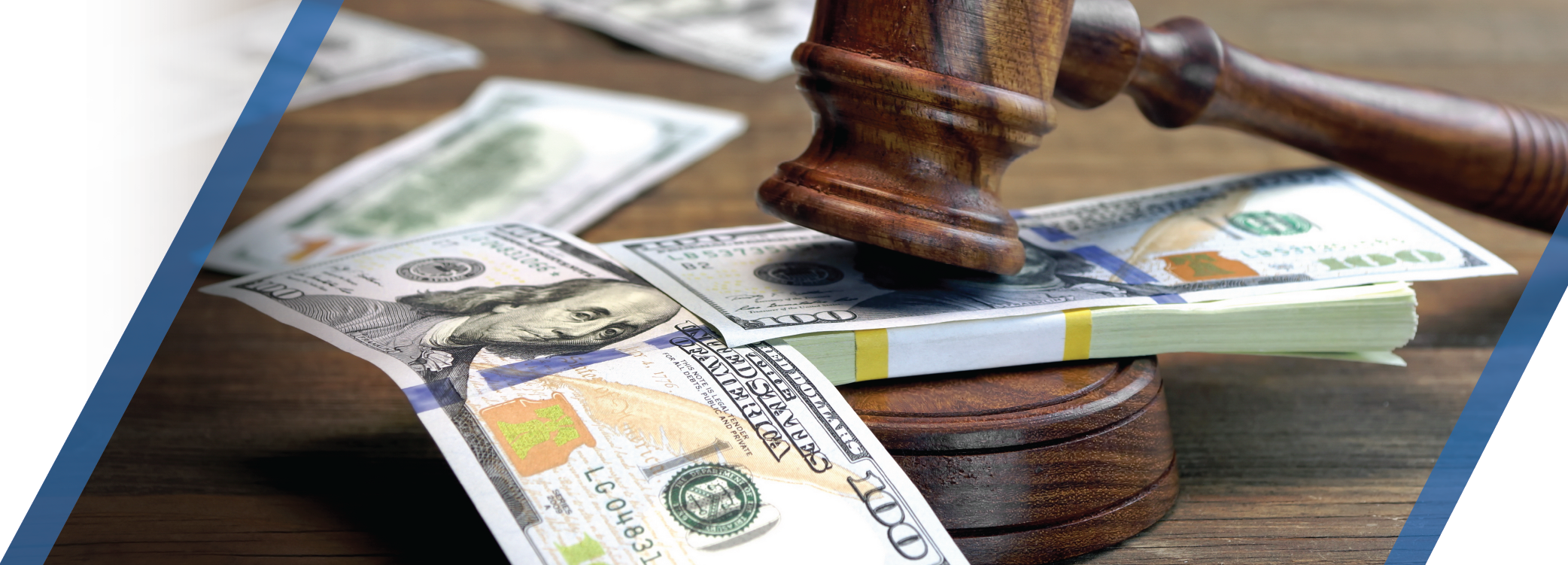New NLRB Opinion Means Employers on the Hook for Expanded Damages in Labor Violation Cases
December 20, 2022 – Legal Alerts
On December 13, the National Labor Relations Board (NLRB) published a decision in the case of Thryv, Inc. and International Brotherhood of Electrical Workers, Local 1269 that promises to substantially expand the available financial penalties that the Board can require employers to pay if they are found to have infringed upon employees’ rights under the National Labor Relations Act.
Generally, in cases where an employer has harmed an employee through an unfair labor practice, the NLRB requires the employer to provide an employee with “make-whole relief”—in other words, to pay the aggrieved employee damages to compensate for any harms suffered as a result of the unfair practice. Traditionally, awardable relief would be limited to compensation suffered for “direct” harms resulting from an unfair labor practice. Classic examples of such direct harms include back wages for an improperly terminated employee, medical expenses arising from an injury caused by an unlawful assignment, or replacing property damaged by an unlawful labor practice.
In the Thryv opinion, the NLRB found that software company Thryv, Inc. violated the National Labor Relations Act by laying off workers without engaging in mandatory union bargaining. As a result, the NLRB has now expanded the available remedies that it may require employers to pay employees as make-whole relief to include any “direct or foreseeable pecuniary harms” to an employee as a result of an unfair labor practice. This change in language is a deliberate attempt by the NLRB to increase the possible damages awarded against a noncompliant employer to include remediation for more abstract and attenuated harms than would have been permissible under the standard in place for many years. The NLRB’s opinion does not provide a concrete list of what could be considered a “foreseeable” pecuniary harm, stating that those determinations will be made “in future cases.” Accordingly, this decision promises to increase the complexity of future NLRB actions as employers and unions debate whether harms suffered by an allegedly aggrieved employee were foreseeable as defined under the NLRB’s new standard.
Employers should be aware that the NLRB has signaled that employers will be subject to an increased set of financial penalties to compensate for unfair labor practices moving forward. While the extent of these penalties is not yet known and promises to be heavily litigated for the foreseeable future, employers evaluating potential costs of NLRB disputes must be aware that those costs are generally on the rise.
If you are an employer with questions about how your business may be effected by any potential NLRB action, contact your Dinsmore Labor and Employment attorney to discuss your options.


